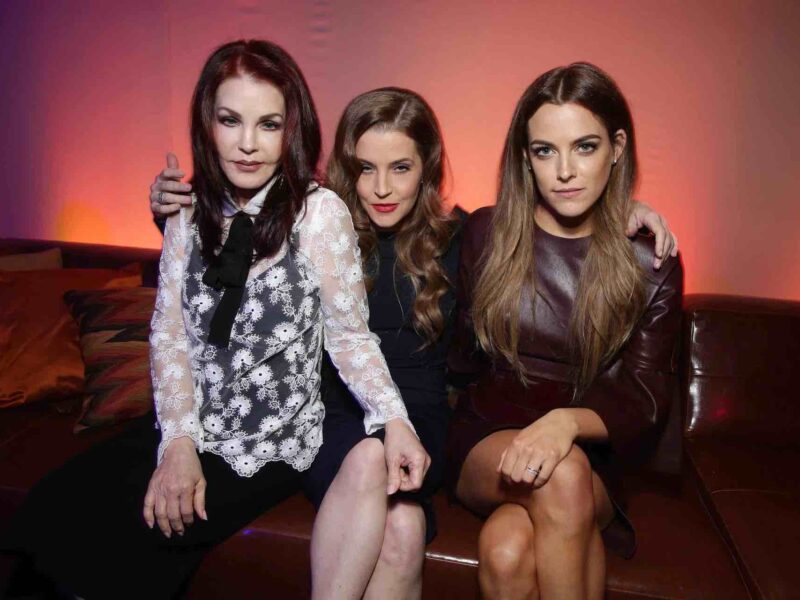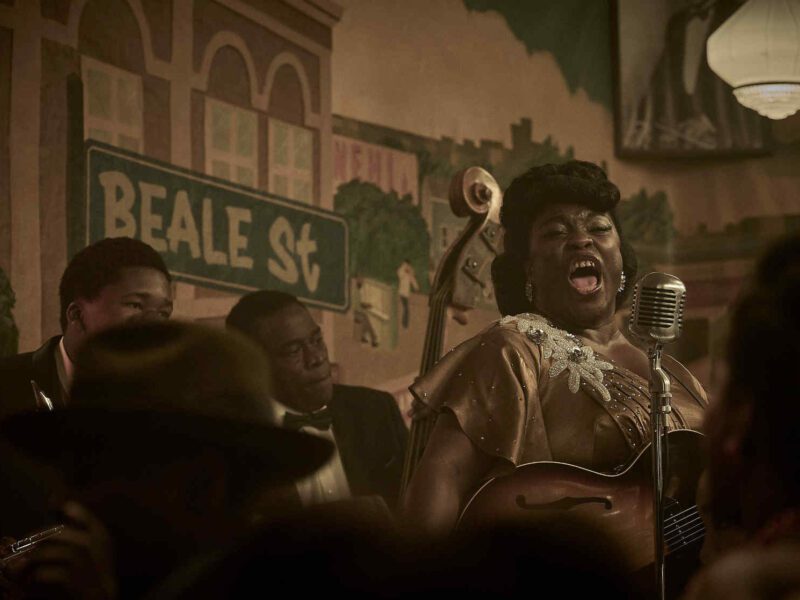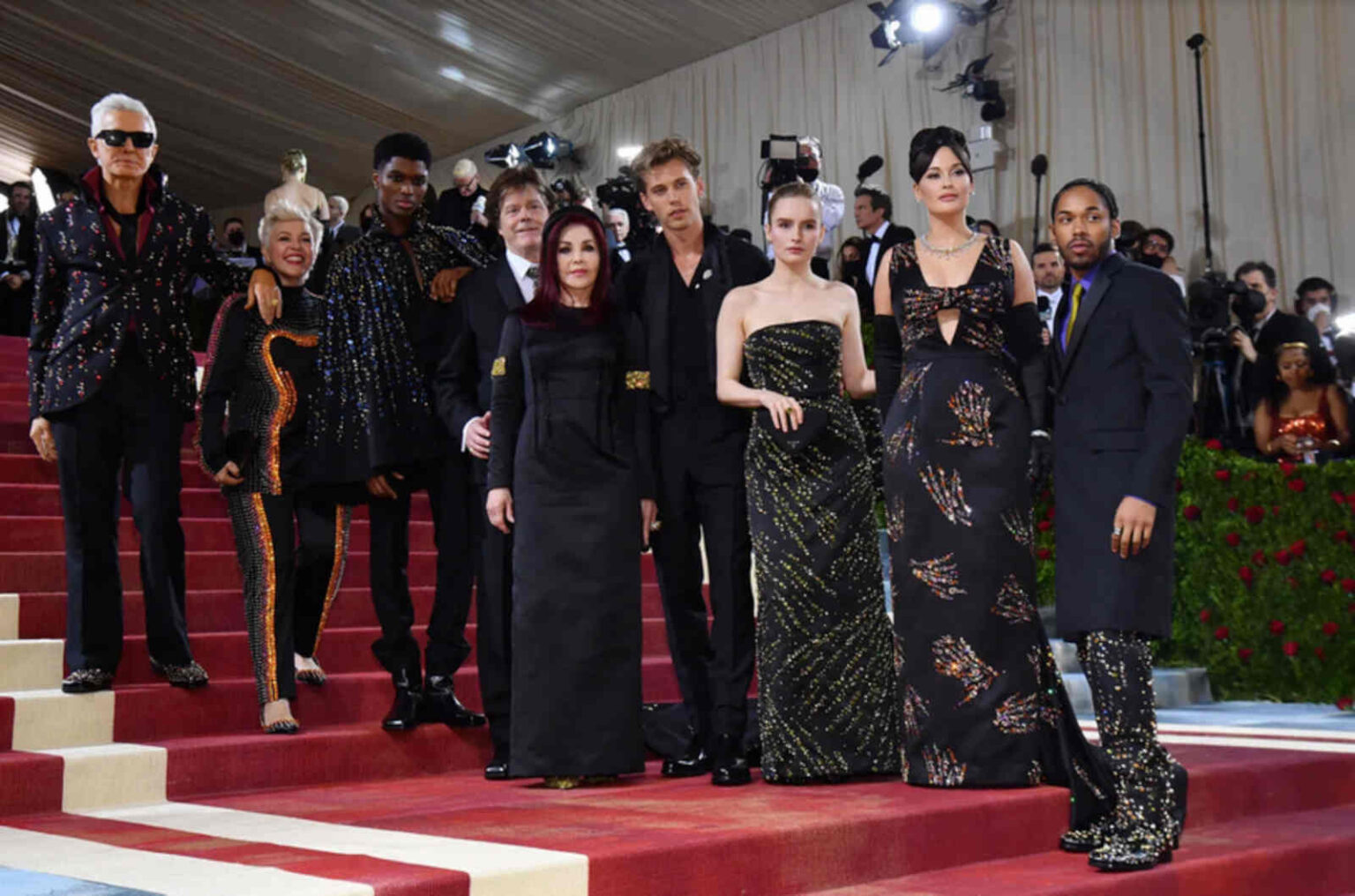
Did Elvis Presley’s grandchildren just out him as a serial abuser?
Can there be anything new under the sun when it comes to the iconic love story of Elvis and Priscilla Presley? What about the grandchildren? Drenched in the intense glow of both admiration and scrutiny for decades, the tale of this legendary couple takes a refreshing and unapologetically honest turn in Sofia Coppola’s latest revelation, Priscilla.
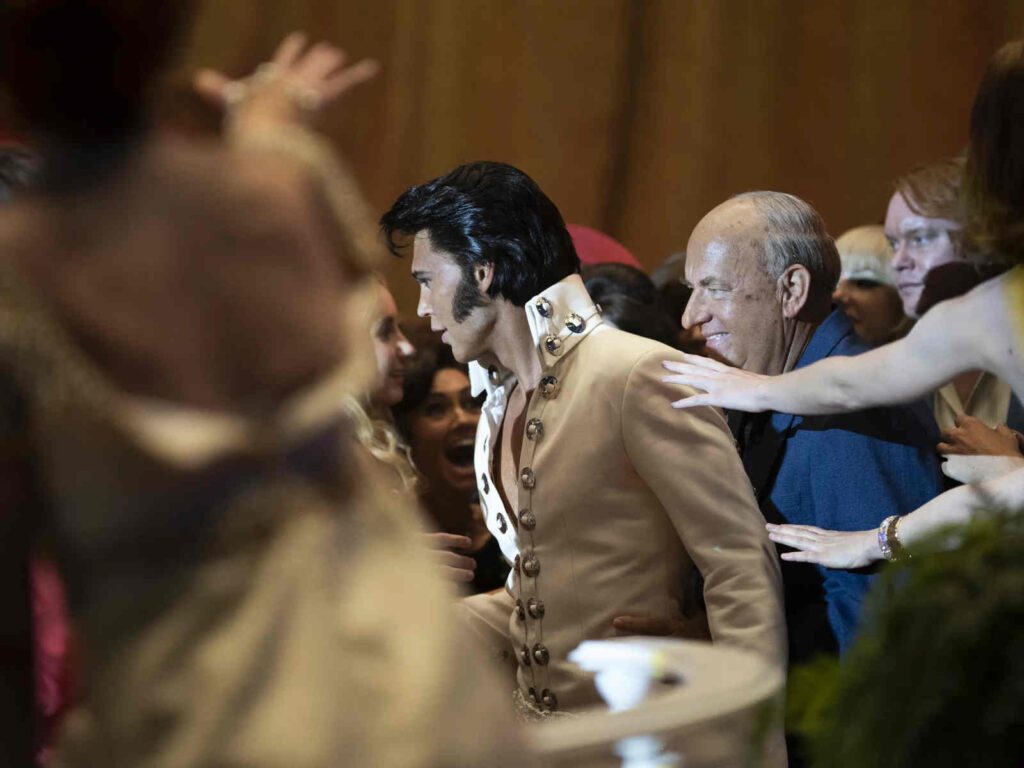
Graceland, once perceived as the epitome of the extravagant rock ‘n’ roll lifestyle, is poignantly reframed as a golden cage in this eagerly anticipated movie. Based on Priscilla Presley’s own memoir, Elvis and Me, the film does not shy away from depicting the enchanting yet simultaneously tragic journey of Priscilla (Cailee Spaeny) from starstruck teenager to a woman entangled in a web of control, rebellion, and self-realization.
The iconic king of rock ‘n’ roll, Elvis (Jacob Elordi), is presented not just as the charismatic performer, but also as a man capable of an imposing, engulfing kind of love.
Amid the luxurious isolation of Graceland, Priscilla’s evolution from a shy, compliant girl into a resilient woman fighting for her own identity unravels. Those familiar Elvis-infused sparks of attraction that lit their initial encounters are gradually overshadowed by chairs taking flight in impassioned, tempestuous disputes. Let’s take a dive into how his grandchildren navigated this story.
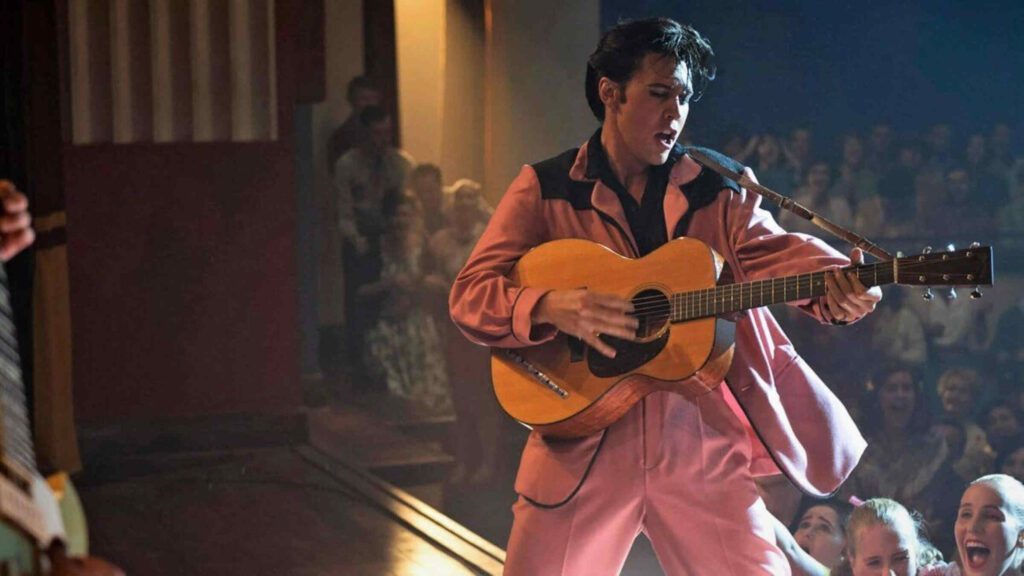
Crafting the Queen
In the midst of the dazzling 1960s, Priscilla navigated through the complicated intricacies of being both worshipped and shaped by a global superstar. Her every move, every look meticulously molded to become an extension of the king’s whims and visions. But while Elvis seeks to craft Priscilla into his ideal queen, creating a reflection of his own desires, she ultimately becomes a compelling figure of rebellion.
In intimate studio settings and amid the chaos of familial bliss and bluster, Priscilla’s voice begins to challenge the dominion of the king. Her growing dissatisfaction is not silenced, and her inability to be simply a passive entity in her own life story becomes abundantly clear.
Boldly, Coppola shifts the narrative focus exclusively onto Priscilla, unfolding an engaging story of authentic love, tumultuous passion, and burgeoning self-awareness. While the recent 2022 release, Elvis, offered audiences a compelling exploration of the enigmatic king, Priscilla refocuses the lens to center on the young woman often relegated to the shadows of his legacy.
Through this divergent lens, the film thoughtfully explores her initial, starry-eyed immersion into the glamorous world of the beloved rock ‘n’ roll icon. From their first meeting in Germany in 1959 to the lavish spectacle of their 1967 Las Vegas wedding and beyond, Priscilla navigates the serene and stormy seas of their relationship with poignant depth.
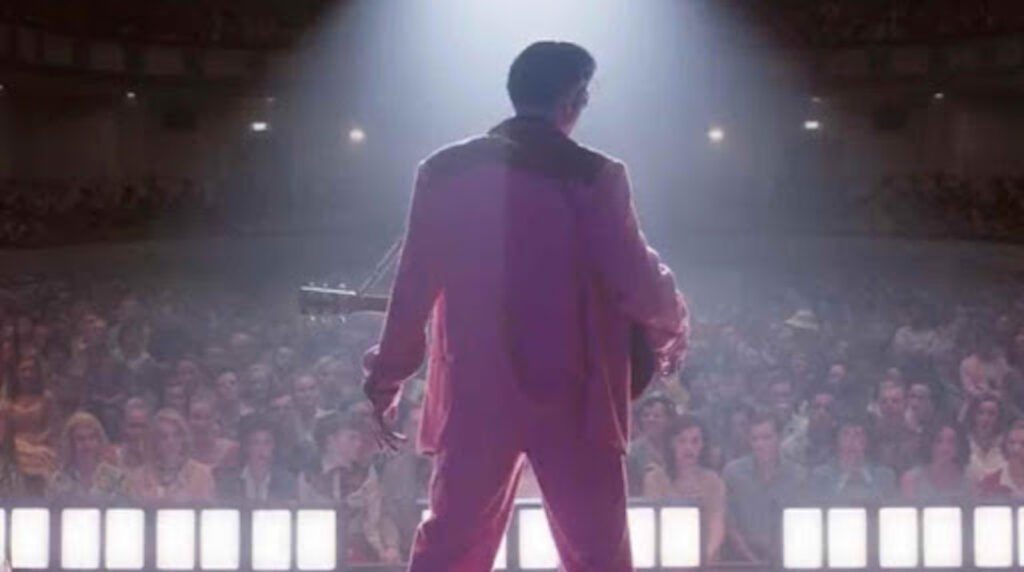
A Warm Reception and a Powerful Impact
With a standing ovation spanning seven minutes at the Venice Film Festival and Cailee Spaeny bagging the best actress prize, Priscilla has clearly struck a resonant chord. Beyond its biographical elements, the film provides a textured, complex view into the psyche of a woman living in the shimmering shadow of one of the world’s most adored entertainers.
Sofia Coppola, accompanied by Priscilla, Spaeny, and Elordi, has triumphantly brought a distinctly unique narrative to the screen, encapsulating not just the romance and ruin of a high-profile relationship, but also the personal evolution of a woman finding her own voice amid the cacophony of fame and expectation.
In the wake of such luminous, groundbreaking insights into a story we thought we knew so well, one can’t help but ponder: How many more stories linger in the obscured depths of glittering public images, awaiting their moment in the spotlight to be unfurled?





